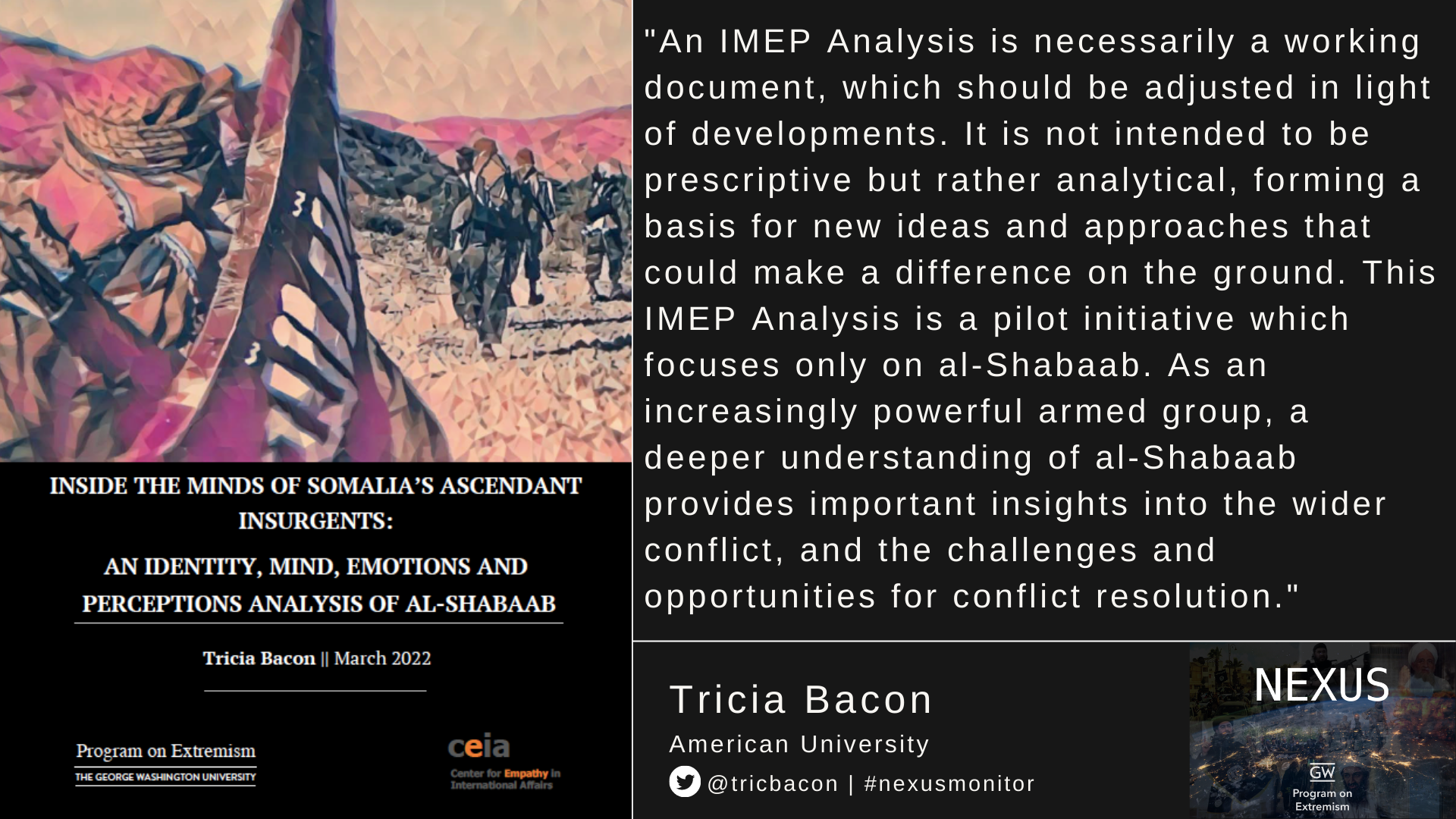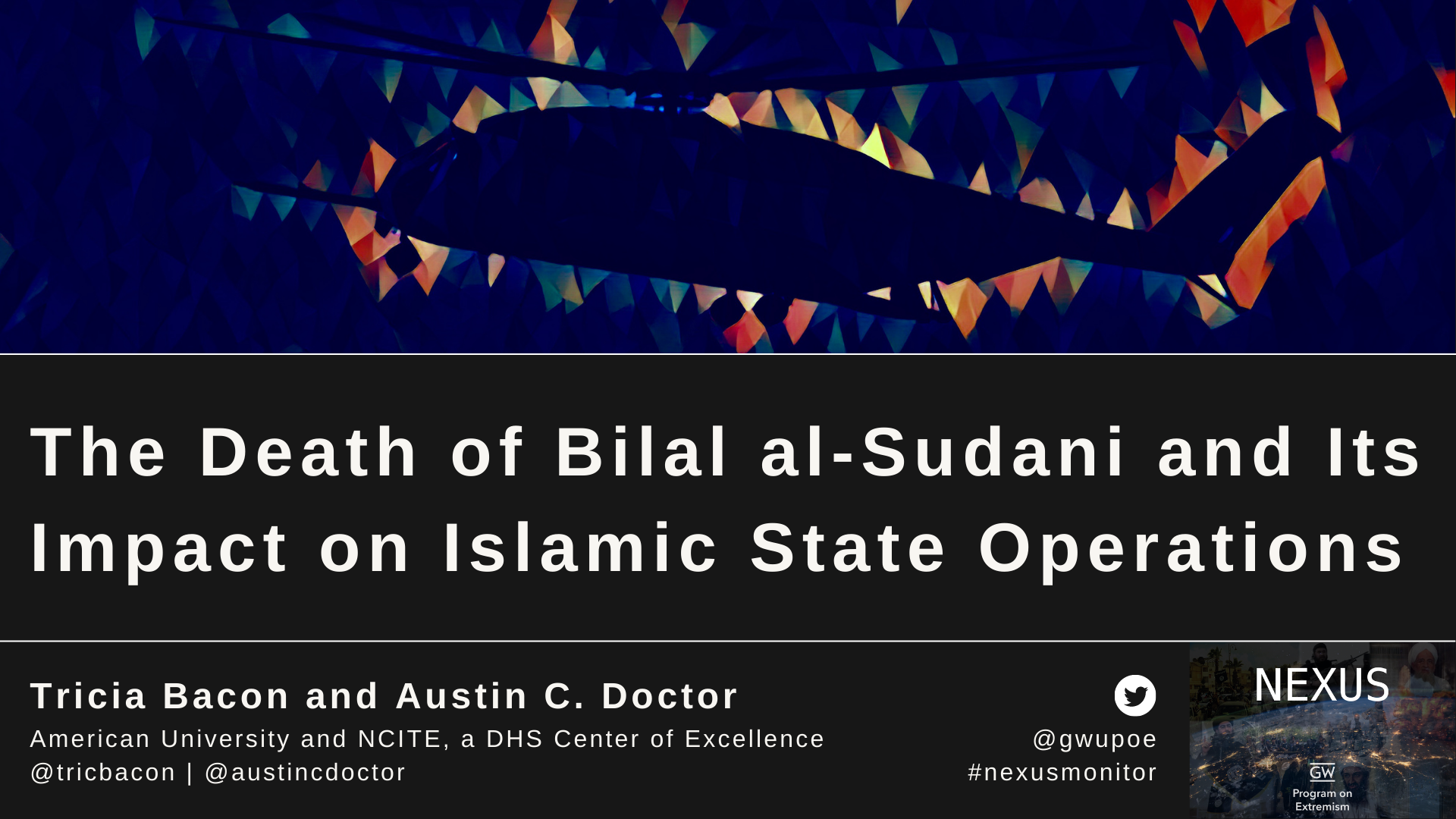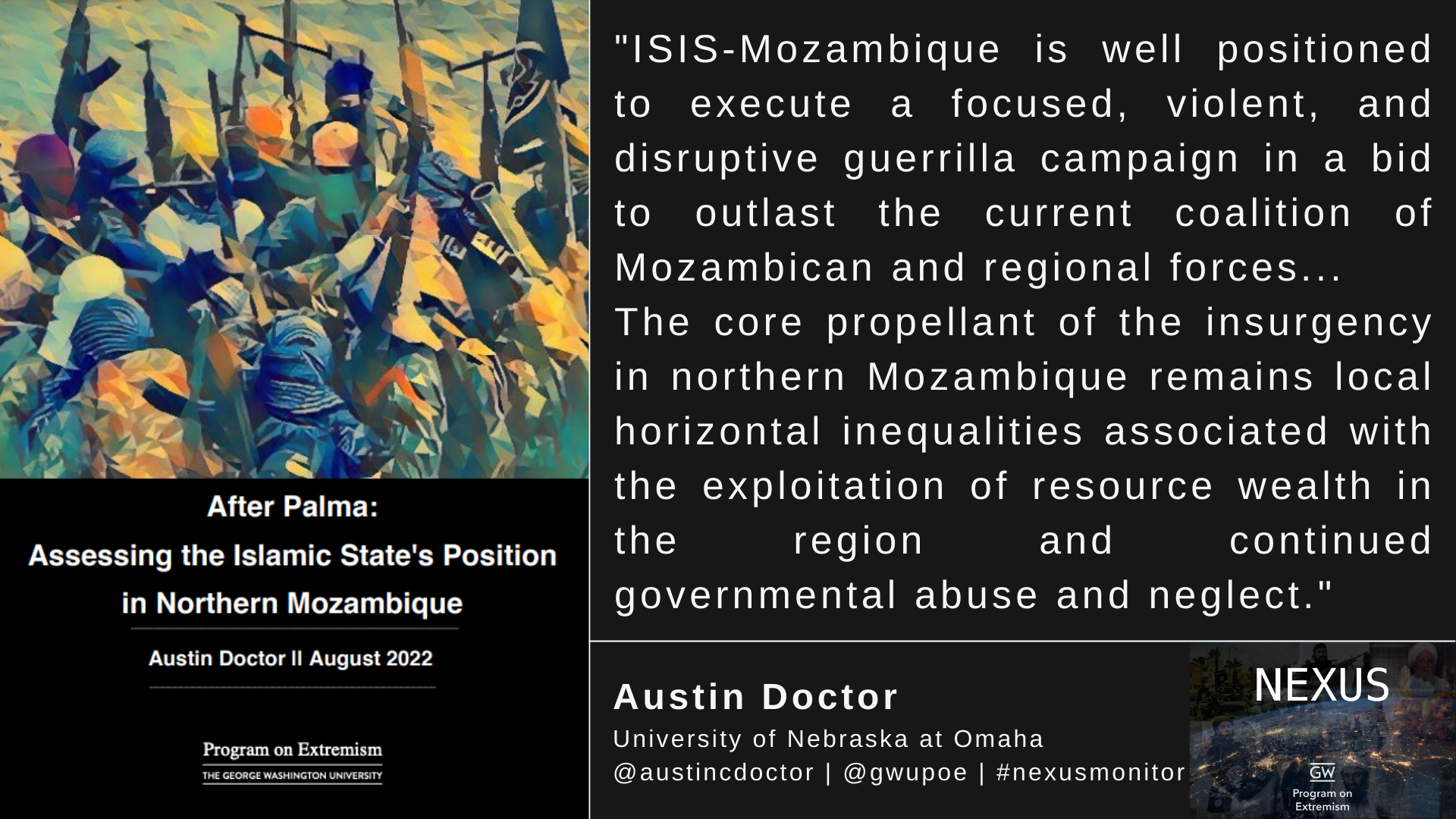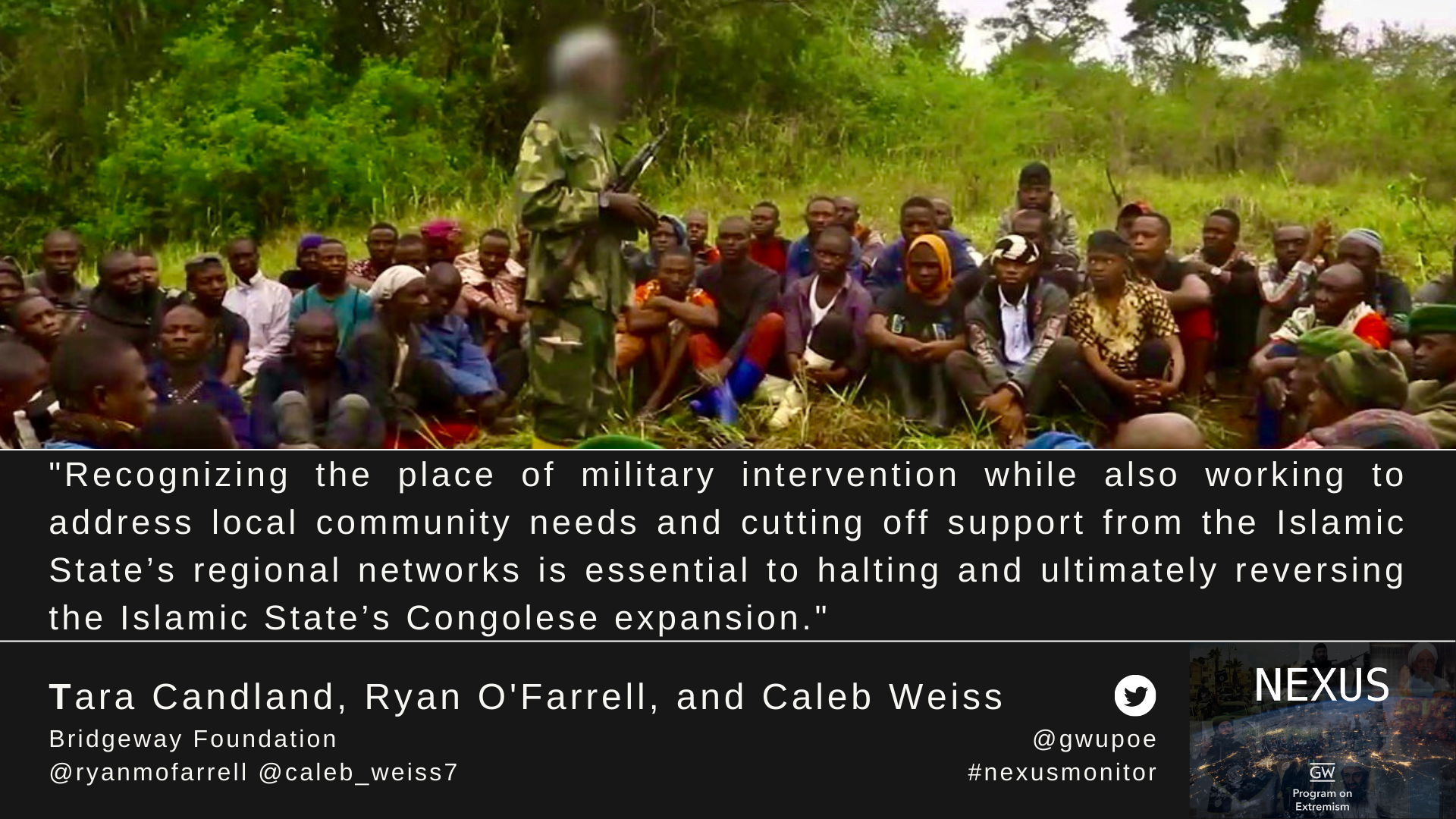Summary
A central challenge for any mediator, diplomat, or organization engaged in promoting peace is acquiring a deep and accurate understanding of the human terrain of conflict: who the parties really are; how and what they are thinking; how they see themselves, their enemies and the world around them; what they are feeling; what matters to them; what motivates them; and what they really want. That is what an Identity, Mind, Emotions and Perceptions Analysis (IMEP) seeks to accomplish.
An IMEP Analysis is necessarily a working document, which should be adjusted in light of developments. It is not intended to be prescriptive but rather analytical, forming a basis for new ideas and approaches that could make a difference on the ground. This IMEP Analysis is a pilot initiative which focuses only on al-Shabaab. As an increasingly powerful armed group, a deeper understanding of al-Shabaab provides important insights into the wider conflict, and the challenges and opportunities for conflict resolution.
Analysis of the eight facets of an IMEP—identity and character; beliefs, perceptions, and attitude; state of mind and biases; current emotions or sentiments; core interests and concerns; motivations; goals and objectives; and views on dialogues and negotiation—reveal the following main findings:
• Al-Shabaab is a multi-faceted and dynamic organization with an identity that reflects that complexity. Al-Shabaab leaders and members hold multiple identities simultaneously that fluctuate in significance. Its Muslim and clan identities are deeply entrenched in the organization, reflecting its Somali-centric nature. While al-Shabaab presents itself as transcending clan affiliations, clan is deeply embedded into its identity, requiring a careful management of clan dynamics within the group, which includes ensuring a balance of clan affiliations in its leadership body.
• The group’s leaders possess a shared set of core beliefs, particularly religious and political beliefs about the group’s superiority to the Somali government, opposition to foreign interventions, and the need for an Islamic state in Somalia based on Sharia law. In practice, the group has demonstrated a degree of pragmatism, if not opportunism. None of the potential areas of divergence within al-Shabaab are particularly salient at present, despite a history of significant tensions that were resolved through violence. There are fault lines within any organization as complex as al-Shabaab – part terrorist organization, part insurgent group, part shadow government, and part mafia. There are also differences between a Somali core and cadre from the region. Nonetheless, the group is currently remarkably cohesive.
• Overall, al-Shabaab discerningly assesses its adversaries and generally has accurate perceptions of them. Indeed, the group understands its adversaries better than its adversaries understand al-Shabaab. It accurately identifies and highlights its enemies’ weaknesses, then it effectively communicates those deficits in ways that resonate with Somalis’ existing understandings and perceptions.
• The group’s current mindset is that it enjoys the upper hand in the conflict and that time is on its side. This positive view is not a misperception or indication of overconfidence; rather, it is based on an accurate assessment of the group’s current position. Consistent with its clear-eyed mindset, the group has proven highly adaptable and resilient, which reflects its ability to assess its situation and correct for mistakes. Though the group generally perceives its enemies accurately, it does have some biases in terms of polarization, denial, and attribution error.
• Members of the group experience a range of emotions that have varied over the course of the conflict. Contempt towards the Somali government is fairly constant but has increased during certain phases of the conflict, including during the ongoing political crisis. A sense of smugness and self-satisfaction reflects the group’s current circumstances and the downfall of its adversaries. A sense of fear within the group has probably subsided with the reduction in drone strikes, but it is unlikely to have dissipated entirely. The group remains concerned about maintaining the support of key clans. Hatred and hostility towards foreign forces persists, as does the group’s overall sense of self-righteousness.
• What really matters to leaders and other key individuals in the group has become a source of increasing debate as the group evolves. Some senior figures have become power-hungry or motivated by greed, while others are still ideologically motivated. While the core interests of key figures are probably a combination of the pursuit of power, acquisition of resources, and the group’s ideological mission, they are also aware that the organization needs public acquiescence, if not its support, especially from clans that are important to al-Shabaab’s revenue generation, recruitment, or territorial control.
• As a sprawling and multi-faceted organization, al-Shabaab members have an array of motivations. Nonetheless, there are some common motivations, including ideology, religion, economic hardship, political or communal grievances, friendship, coercion, nationalism, and a desire for adventure, most of which are not mutually exclusive. Moreover, the motivation that initially attracted individuals to al-Shabaab may not be – arguably, is often not – the reason they stay with the group.
• Al-Shabaab’s goal is to expel foreign forces, defeat the Somali Federal Government and Federal Member States and establish an Islamic state in Somalia in accordance with its interpretation of Islam. In the interim, one of the group’s objectives is to provide predictable order where the government has failed, demonstrating its relative legitimacy.
• In the current environment, the prospects for al-Shabaab to engage in negotiations to resolve the conflict are poor. The Somali government is weak, divided, and lacks credibility. A desire to negotiate is seen, perhaps unjustifiably, as an indication of weakness, and al-Shabaab sees itself, with justification, as being in a strong position. However, al-Shabaab is not as opposed to negotiations as its rhetoric or current stance would suggest. There have been confidential expressions of interest in dialogue from senior figures in the organization and past steps towards negotiations. Even in its current position of strength, al-Shabaab may be receptive to confidence building dialogue that can help bring about future negotiations.





